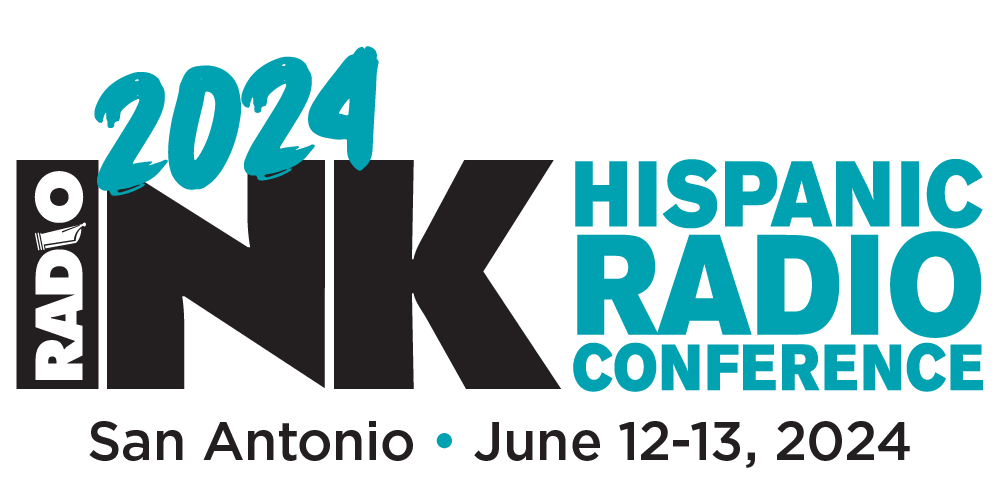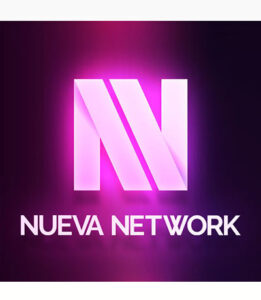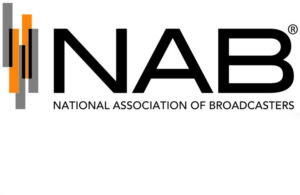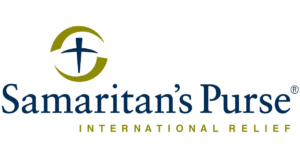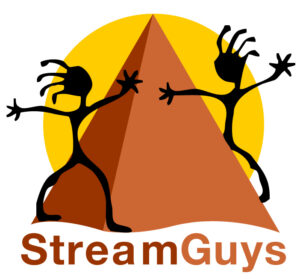In 2007, Radio Ink launched the first Hispanic Radio Conference.
It was an idea that sprang from a news story receiving widespread coverage across broadcast and cable news networks. Massive (peaceful) crowds had taken to the streets in Los Angeles and elsewhere during the spring of 2006 to demonstrate against an immigration bill that was then pending in Congress. Funny how much, and yet how little, has changed.
Eric Rhoads was inspired to act by something he knew instinctively. Nonetheless, he was mesmerized by seeing it in action once again.
It was the power of radio its ability to persuade and move listeners. In this particular instance, Eddie “Piolin” Sotelo and other popular Hispanic radio personalities had engaged their audiences across the country in a common cause. That joint call to action resulted in major demonstrations, proving the adage about strength in unity. And it provoked an idea: if Hispanic radio could mobilize the listening masses, why couldn’t its leadership do the same with advertisers, financial backers, and other business interests by using their combined influence to grow its voice within the industry?
Against that backdrop, the Hispanic Radio Conference was born. Over the years, the conference has addressed issues specific to Hispanic radio as well as the industry overall. As the Hispanic population has grown to an increasingly large segment of the country every year, one with huge economic and social implications, so, too, has Hispanic radio grown.
By virtually every measurement of social media consumption, Hispanics over-index in usage. Yet for all their interaction with social media, their love affair with radio continues to be strong. Ninety-seven percent of adult Hispanics in the U.S. listen to radio every week, according to Nielsen. And they spend a lot of time with it nearly 13 hours weekly at home, in the car, and on the go.
Addressing that vast consumer potential has always been a focus of the Hispanic Radio Conference. Over the years, the advisory board has crafted agendas that tackle issues, business and economic, as well as programming and listener-driven. The immigration concerns that prompted the actions that inspired the founding of the conference were addressed at the first event by Henry Cisneros, and immigration issues, still unresolved, continue to be at the forefront. The tone is considered by many to be more toxic today, however.
Which is more reason for Hispanics to turn to their radio stations. “I think that domestic Latino populations rely more on Spanish media as their friend and ally and community information board, far more than the government,” says Frank Montero, co-managing partner of Fletcher, Heald & Hildreth and one of the conference’s founding advisory board members. “You’ve also seen an explosion of small Spanish-language religious radio on LPFMs and digital side channels and translators as result.”
The growth in Hispanic social and economic clout is also reflected by an increase in the number of stations playing Spanish-language or Latino-focused programming. In the decade since the first Hispanic Radio Conference, that figure is said to have grown from 1,075 to approximately 1,200.
Beyond the numbers, the story provides an equally interesting commentary on where the growth has occurred and why. In 2007, a new wave of Spanish radio startups was underway, focusing on midsize and smaller markets to complement Hispanic-formatted stations in major markets where larger groups were already playing. Unfortunately, this occurred shortly before and around the same time the economy took a nosedive. As a result, some ownerships did not survive. What has survived, however, is a lasting legacy that has altered the sound of radio forever. Having established stations beyond top-tier markets, today Spanish radio can be found everywhere up and down the dial.
Not all benefits, however, are measured by metrics. Rather, they leave an indelible mark on the soul. Hearing Henry Cisneros’ stark reminder in 2007 that it was ludicrous to think 8 million (then) people could be expelled from the country was one such riveting moment. Watching Jose Feliciano accept the Medallas de Cortez Distinguished Leadership Award, expressing heartfelt appreciation for the honor and then spending the evening sharing stories and laughs at the opening reception … priceless. These and other memorable moments have made the Hispanic Radio Conference a rewarding as well as a unifying and idea-generating experience.
As Angie Balderas, SVP for integrated marketing of Entravision in Sacramento and another founding board member, sums it up, “People need to attend because if you plan on staying in radio, you have to keep learning and growing, and this is the only conference dedicated to Spanish radio.”
For information about involvement in the 2024 conference agenda, please contact:
Deborah Parenti at dparenti@streamlinepublishing.com.
Click here for sponsorship information.
